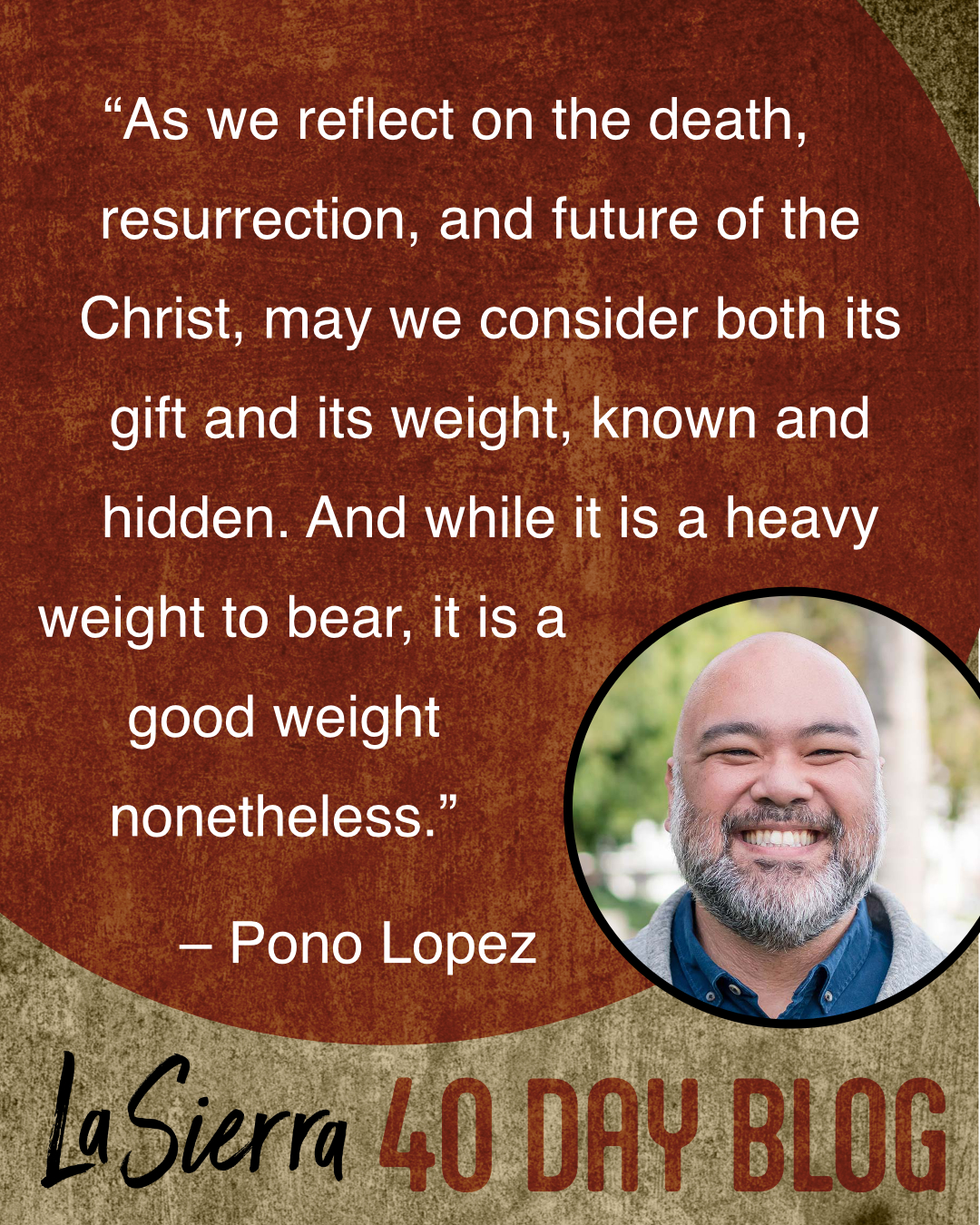As early as I can remember, my father’s words to “be good and do good in whatever you choose to do” resonated with me. The word “pono,” at the surface, means “good.” Yet, because of the contextual function of the Hawaiian language, one word can mean multiple things. The word “pono” usually means “good” as “righteous, just, and moral.” But “pono” can also mean “prosperous, wellness, proper procedures, and equity.”
Also in the Hawaiian language is the concept of “kaona” (hidden meanings). It’s to say that there are surface uses of these words. And then there are deeper, more spiritual, meanings of a word. It can be argued that the English language has the function of depth and spirit within a word. However, indigenous languages often treat a word as if to invoke its “mana” (referring to the synergistic nature of physical and spiritual power).
Language, to the native Hawaiian, is powerful in and of itself. All words come with weight, especially when spoken out-loud or written down. So, when my name was given to me, it was recognized by natives around me that I now carried the weight of this word, in both its practical use and its hidden meaning as well. Therefore, when referring to pono’s hidden meaning, one means to invoke the quintessence of all living things.
This was indeed intended as a gift. But when I gained the ability to reflect well in college, I retroactively noticed that this gift of “goodness” was also a burden. One can even argue that this might even be a curse. Because how can a very limited human being ever be able to achieve this height of living?
Nevertheless, this was the name given to me. I bear it with all of its gifts and burdens. It’s become a calling. And my culture reinforces that calling. What has reinforced that calling even more was liturgy. References to the goodness of God and the good news established stronger pillars for that calling, applying it to a greater purpose and daily life altogether. The word, “good,” became resonant in the themes leading my life. And I do appreciate this gift of purpose very much.
Yet, I can’t dismiss that this is a burden as well. As pastors, we are often told that we are called by God. We then tell our congregants that they are called by God. What we don’t often accept is that these callings, for all of their validation with an invitation into the liturgy of the cosmos, come with the weight of the work leading toward the mark. And while I truly believe we are built to carry each of our weight for the sake of the good of all creatures and for the glory of God, I think it important to acknowledge its heaviness too.
In Mark 10, Jesus is asked by James and John to sit at his sides when he sits at his throne. Jesus responds by alluding to the burden of those positions. For James and John to sit at the right and left would mean that they would suffer and die alongside him. It’s a heavy burden to bear to sit there. Later, Paul even references that death in his first letter to the Corinthians of his daily liturgical living by stating, “I die daily.”
In light of the cross, and arguably the burden of the resurrection too, I reflect on God’s calling to share the good news. And I’ll be honest, each year, while it gets clearer what my life’s ministry is calling me to, there’s still a mystery in it all as well. There’s still something hidden behind the next phase of the journey.
As we reflect on the death, resurrection, and future of the Christ, may we consider both its gift and its weight, known and hidden. And while it is a heavy weight to bear, it is a good weight nonetheless.
Pono Lopez is the associate chaplain of La Sierra University. He’s a girl dad operating on no sleep at the moment.

